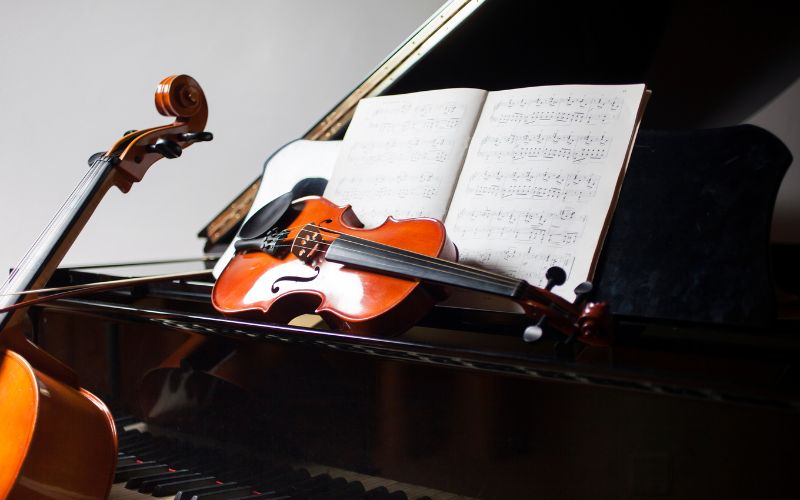Igor Stravinsky, born on June 17, 1882, in Oranienbaum, Russia, is widely regarded as one of the most influential composers of the 20th century. His innovative approach to rhythm, harmony, and orchestration redefined the landscape of classical music, making him a pivotal figure in the evolution of modern music.
Early Life and Education
Stravinsky’s musical journey began in a privileged environment, where he was exposed to various musical traditions. He studied law at the University of Saint Petersburg but ultimately chose to pursue music, studying under the prominent composer Nikolai Rimsky-Korsakov. Stravinsky’s early works drew on Russian folk themes, but it was his later compositions that would solidify his reputation as a revolutionary force.
The Rite of Spring
Stravinsky’s 1913 ballet “The Rite of Spring” is considered a watershed moment in music history. Its premiere in Paris caused a sensation, leading to riots in the audience due to its unconventional rhythms and dissonant harmonies. The piece challenged traditional notions of melody and structure, utilizing complex time signatures and innovative orchestration to create a primal, visceral experience. “The Rite of Spring” remains a cornerstone of the classical repertoire, influencing generations of composers and musicians.
Eclectic Compositions
Throughout his career, Stravinsky experimented with various styles, from neoclassicism to serialism. Works like “Pulcinella” (1920) showcased his ability to blend modern techniques with classical forms, while “Symphony of Psalms” (1930) demonstrated his mastery of choral writing. Stravinsky’s willingness to evolve and adapt his style kept him relevant throughout his life, allowing him to explore new musical languages.
Legacy and Recognition
Stravinsky’s impact on music extends beyond his compositions. He collaborated with prominent choreographers, including George Balanchine, and influenced various genres, including jazz and popular music. His innovative techniques have inspired countless composers, making him a central figure in the study of modern music. Stravinsky received numerous accolades, including the Royal Philharmonic Society Gold Medal and the Grammy Lifetime Achievement Award.
Conclusion
Igor Stravinsky’s legacy as a composer and innovator is undeniable. His groundbreaking works, characterized by their rhythmic complexity and harmonic ingenuity, have reshaped the landscape of classical music. As we continue to explore the realms of sound and composition, Stravinsky’s influence remains a guiding force, inspiring musicians to push the boundaries of creativity. His innovative approaches to rhythm and orchestration have paved the way for countless artists to experiment with new musical ideas.
Similarly, the article “Understanding Intuitive Music: Karlheinz Stockhausen’s Innovative Approach” delves into Stockhausen’s groundbreaking methods, which encourage musicians to embrace spontaneity and personal expression in their compositions. Both Stravinsky and Stockhausen serve as pivotal figures in the evolution of modern music, demonstrating how pushing creative boundaries can lead to profound artistic exploration and discovery.

